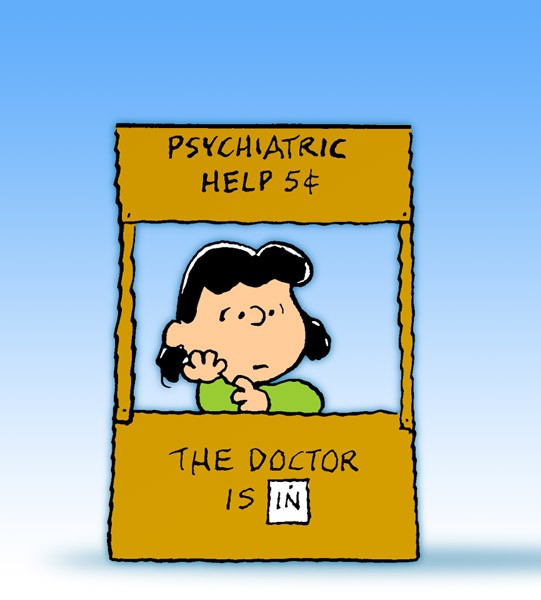
http://peanuts.wikia.com/wiki/Lucy’s_psychiatry_booth
I think I only have a very short Short-term Memory. When I am trying to decode CW signals, it is relatively easy for me to input each letter with a keyboard as soon as a letter finishes. Yes, I am good at touch typing.
With this mode of listening, you only need a single letter sized memory, which I do have. While typing letters, I have nothing in my mind because the letter-to-letter translation is so mechanical and, of course, I have no difficulty however long the word is. Understanding of the words and of the sentences comes from looking at the text I entered.
On the contrary, if I do not have a keyboard and try to do everything in my mind, it becomes exponentially more difficult to catch the word as its length increases. This is especially true when the word is unknown to me or is rarely used by myself.
Even if I luckily gather several words consecutively, it is another matter to grasp the meaning as a sentence, because the words once obtained in my mind will disappear very rapidly before establishing the structure and the meaning of the sentence.
It is said that from some experimental studies some manipulations (e.g., a distractor task, such as repeatedly subtracting a single-digit number from a larger number) impair memory for the 3 to 5 most recently learned words of a list which is presumed to be held in short-term memory.
http://en.wikipedia.org/wiki/Brown-Peterson_procedure
(No, I have not read the original papers yet.)
So in my case, the task of CW decoding is so distracting to me that the available short-term memory seems to be reduced to a minimum, preventing any further processing of the higher layers.
